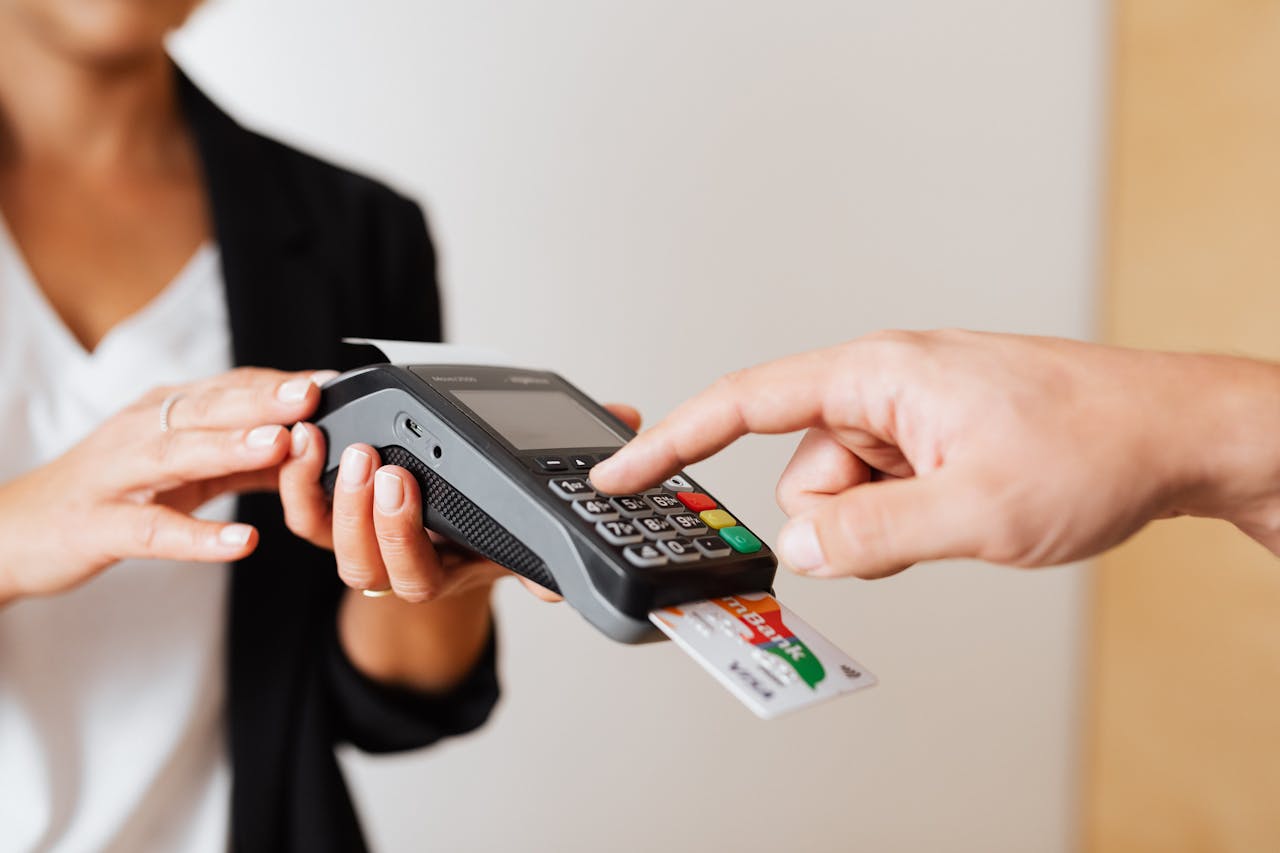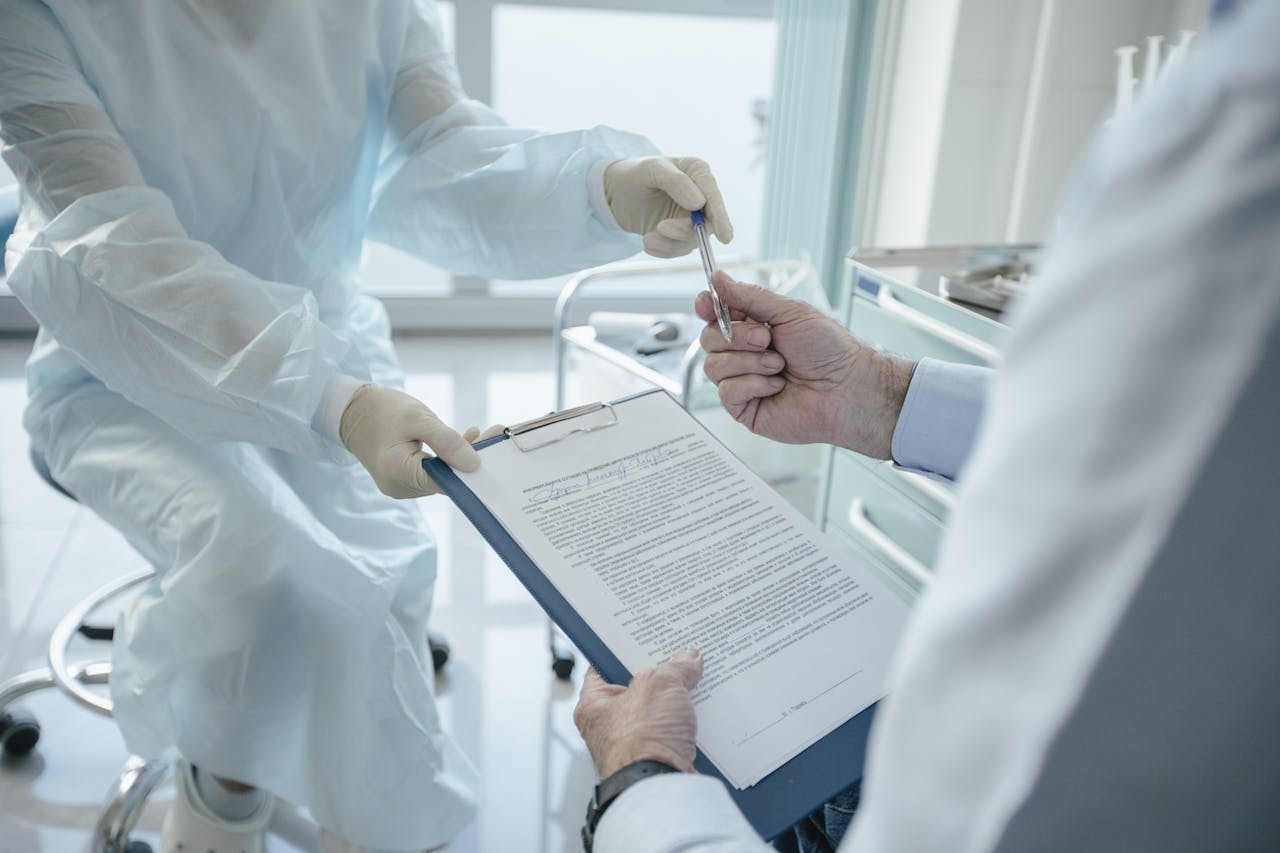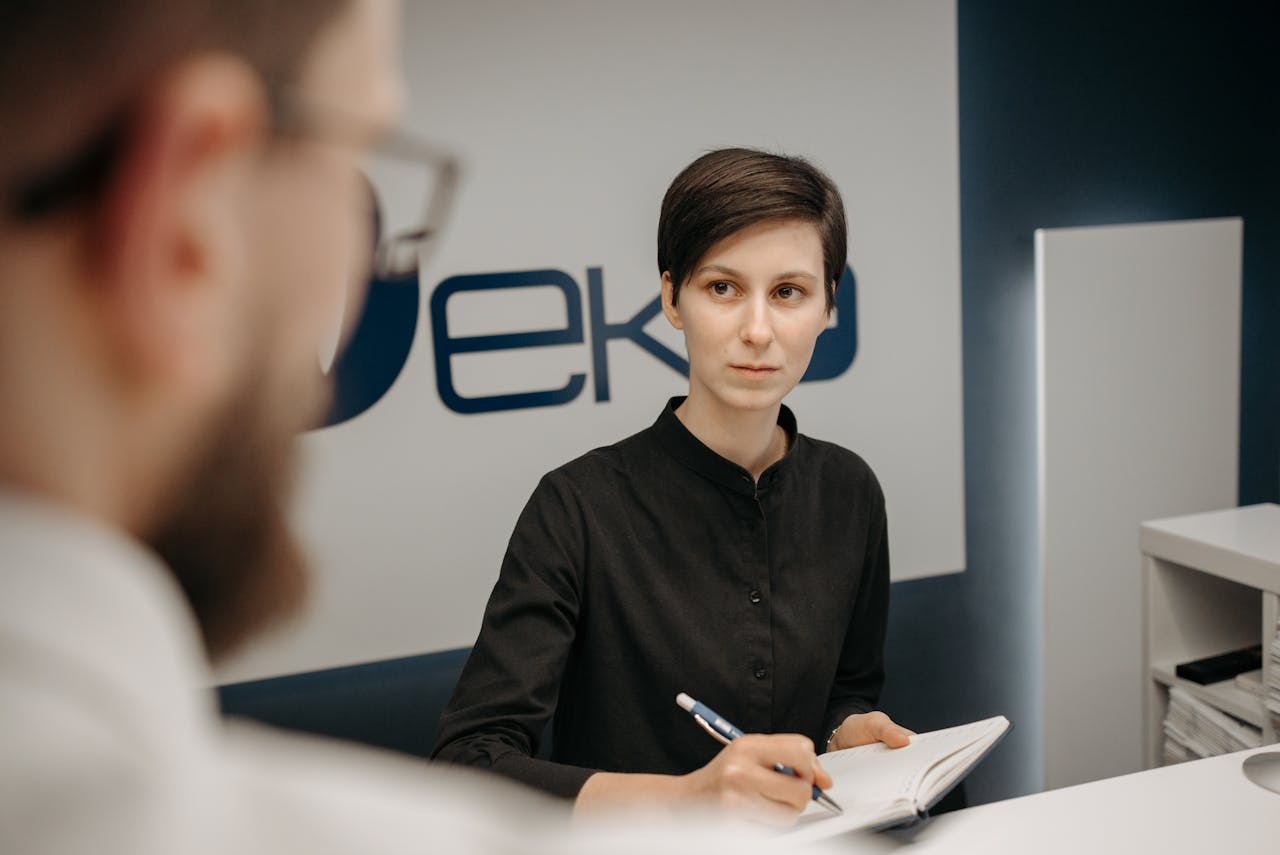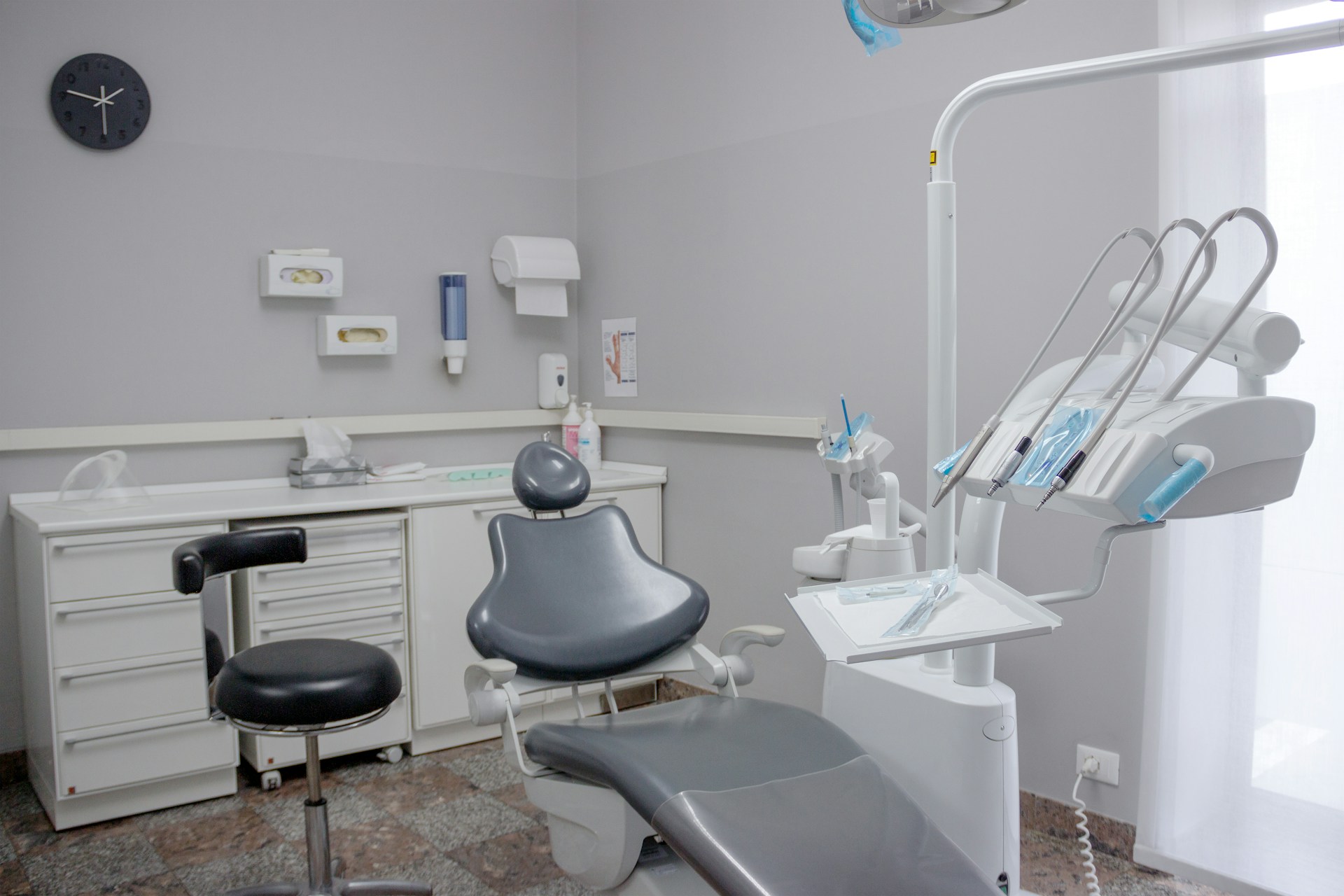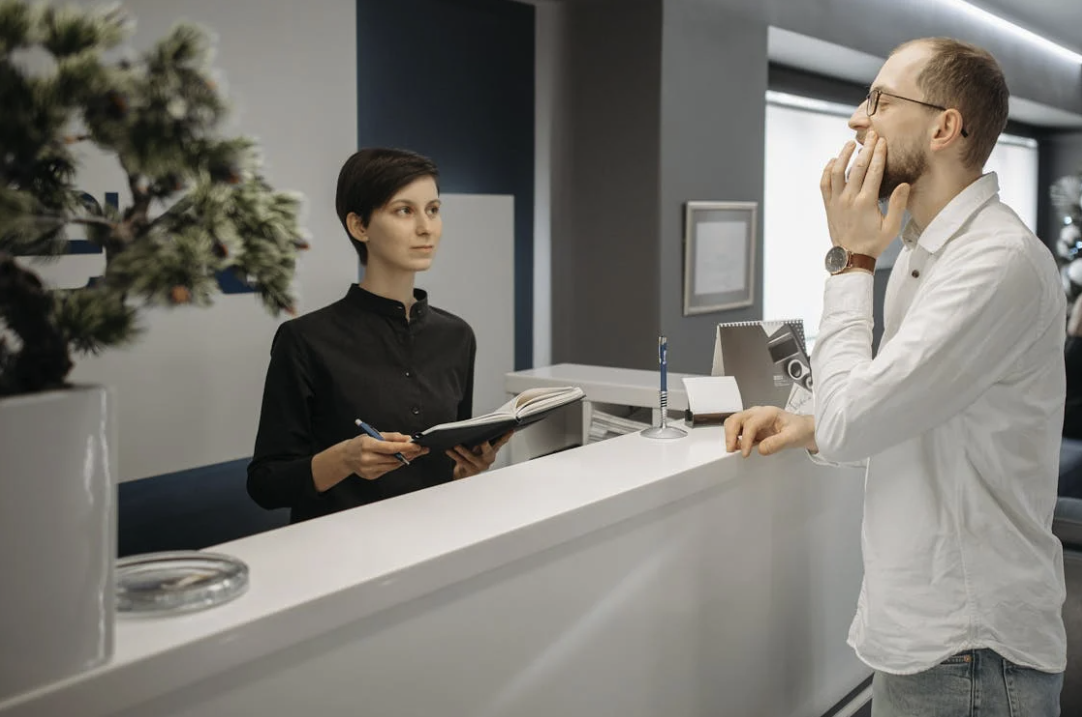












Blog Article


How to Handle After-Hours Calls Without Additional Staff - Guide For Dentists and Dental Support Organizations
Dental practices lose thousands of dollars each month when patients can't reach them after hours. Emergency toothaches, scheduling needs, and urgent questions don't stop at 5 PM, yet many dental offices rely on basic voicemail systems that frustrate patients and drive them to competitors.
Modern dental practices can handle after-hours calls effectively using automated virtual receptionist systems, call forwarding, and self-service options without hiring overnight staff. These solutions allow practices to capture emergency appointments, provide basic information, and ensure urgent cases reach on-call dentists immediately.
The right after-hours call handling strategy transforms missed opportunities into booked appointments while maintaining professional patient care around the clock. Dental Support Organizations especially benefit from standardized after-hours systems that work consistently across multiple locations.
Key Takeaways
- Automated virtual receptionist systems can handle routine inquiries and appointment scheduling without additional staff costs
- Call forwarding and emergency routing ensure urgent dental cases reach the right provider immediately
- Proper after-hours call management prevents revenue loss and improves patient satisfaction across dental practices
Challenges With After-Hours Calls in Dental Practices
Dental practices face significant obstacles when managing customer calls outside regular business hours. These challenges directly affect practice revenue, staff well-being, and overall customer experience.
Impact of Missed Calls on Revenue
Dental offices miss 38% of calls from potential patients, creating substantial revenue loss. Practices that miss just 25% of their customer calls could lose up to $576,000 annually.
The consequences extend beyond immediate losses. 75% of callers never call back when they reach voicemail or unanswered phones. Instead, they contact competitors who provide better customer service.
Emergency situations compound these losses. Patients experiencing dental pain at night often call multiple practices until someone answers. The first practice to respond typically wins the patient.
Each missed after-hours call represents lost opportunities:
- New patient acquisitions
- Emergency appointments with higher fees
- Long-term patient relationships
- Referral potential from satisfied patients
Practices using only voicemail systems miss chances to convert urgent needs into immediate appointments. This creates a competitive disadvantage against practices offering live strategies for dealing with after-hours phone calls.
Staff Workload Managing After-Hours Calls
After-hours phone coverage creates significant burden for dental staff members. Many practices rely on rotating staff schedules for emergency coverage, leading to burnout and decreased job satisfaction.
Staff members handling night calls face multiple stressors:
- Sleep disruption from emergency calls
- Difficulty distinguishing true emergencies
- Pressure to make quick clinical decisions
- Constant availability expectations
Team burnout occurs rapidly when staff handle regular duties plus after-hours responsibilities. This creates higher turnover rates and recruitment costs for practices.
The always-on-call mentality affects work-life balance. Staff worry about missing genuine emergencies while managing routine inquiries that could wait until morning.
Training requirements add complexity. Staff need proper protocols for emergency assessment, appointment scheduling, and escalation procedures. Without adequate training, customer service quality suffers during after-hours calls.
Patient Experience With Unanswered Calls
Unanswered after-hours phone calls create frustration and negative impressions among patients. 72% of patients expect dental offices to respond within one hour, yet many practices struggle to meet this expectation.
Patients experiencing dental emergencies feel abandoned when reaching voicemail systems. This impersonal approach fails to address urgent concerns or provide reassurance during painful situations.
The customer experience deteriorates when practices offer inconsistent after-hours coverage. Patients cannot predict whether they will reach live assistance or automated systems.
Common patient frustrations include:
- Long wait times for return calls
- Unclear emergency protocols
- Inability to schedule immediate appointments
- Lack of pain management guidance
Poor after-hours customer service damages practice reputation. Negative reviews often mention unavailable staff during emergencies, affecting new patient acquisition through online ratings and word-of-mouth referrals.
Missed Calls and Revenue Loss in Dental Clinics
Dental practices lose approximately 32% of their phone calls during business hours, creating substantial revenue gaps. Each missed call represents potential treatment revenue ranging from routine cleanings to complex procedures worth thousands of dollars.
Quantifying Lost Production From Unanswered Calls
The financial impact of missed calls extends far beyond simple appointment bookings. A single unanswered call can represent $200 to $2,000 in lost production depending on the treatment needed.
Average Revenue Loss Per Missed Call:
- Routine cleaning: $150-300
- Restorative work: $500-1,500
- Cosmetic procedures: $1,000-5,000
- Emergency visits: $300-800
DSOs face amplified losses due to higher call volumes across multiple locations. A practice missing 25 calls monthly at $400 average treatment value loses $120,000 annually per location.
Peak calling periods see the highest abandonment rates. Morning hours between 8-10 AM show call abandonment rates up to 40% when patients schedule appointments before work.
The compounding effect creates additional losses through missed referrals and follow-up appointments. Patients who cannot reach a practice immediately often call competitors, resulting in permanent patient acquisition losses.
Common Times for Missed Calls in DSOs
Healthcare facilities experience 20-30% of missed calls after standard business hours when staffing is minimal or absent. DSOs with multiple locations face consistent patterns of high-volume calling periods.
Peak Missed Call Periods:
- Early morning (7-9 AM): 35% abandonment rate
- Lunch hours (12-1 PM): 28% abandonment rate
- After hours (5-8 PM): 45% abandonment rate
- Weekends: 60% abandonment rate
Emergency calls represent the highest value missed opportunities. Dental emergencies often occur outside business hours, with patients willing to pay premium rates for immediate care.
Multi-location DSOs experience call overflow between locations during busy periods. When one location cannot handle call volume, patients hang up rather than wait for transfers to other offices.
Staff breaks and lunch periods create predictable gaps in phone coverage. These scheduled downtimes result in consistent daily revenue losses that accumulate significantly over time.
Effect on Appointment Volume and Retention
Missed calls directly reduce new patient acquisition and existing patient retention rates. Practices experience 15-25% lower appointment volume when call answering rates drop below 80%.
Appointment Impact Metrics:
- 70% call answer rate: 20% reduction in new patients
- 60% call answer rate: 35% reduction in new patients
- 50% call answer rate: 50% reduction in new patients
Patient loyalty decreases when calls go unanswered repeatedly. Existing patients interpret missed calls as poor service quality, leading to practice switching.
Appointment confirmations and rescheduling requests frequently occur outside business hours. Patients unable to reach the practice for schedule changes often miss appointments entirely.
Emergency situations create the most significant retention challenges. Patients experiencing dental pain expect immediate response, and unanswered emergency calls result in permanent patient loss to competing practices.
Follow-up appointment scheduling suffers when patients cannot reach the practice after initial treatments. This breaks the treatment continuity chain and reduces overall case acceptance rates for multi-visit procedures.
Current Solutions for Managing Unanswered Calls
Most dental practices rely on traditional methods like voicemail systems and extended staffing to manage calls outside regular business hours. These approaches often create significant operational costs and patient satisfaction issues that impact practice growth.
Limitations of Voicemail and Manual Follow-Up
Voicemail systems fail to meet modern patient expectations for immediate responses. Research shows that 75% of consumers will not leave a voicemail when their call goes unanswered and simply move on to competitors.
Dental practices face specific challenges with voicemail systems:
- Emergency situations require immediate attention but get lost in message queues
- Appointment requests often go to competitor offices when patients can't reach staff
- Insurance questions pile up overnight, creating morning backlogs
Manual follow-up processes compound these problems. Staff members spend valuable morning hours returning calls instead of focusing on patient care. Many messages contain outdated information by the time staff responds.
Patients calling with dental emergencies cannot wait for business hours to resume. A patient with severe tooth pain at 9 PM needs immediate guidance, not a generic voicemail message.
The transcription accuracy of basic voicemail systems often creates confusion. Staff waste time deciphering unclear messages or calling patients back for clarification.
Cost of Extending Front Desk Staff Hours
Extending front desk coverage beyond normal business hours creates substantial financial burden for dental practices. Staff overtime rates typically increase labor costs by 50% or more during evening and weekend hours.
Key cost factors include:
Cost CategoryImpactOvertime wages1.5x regular hourly rateWeekend premiumsAdditional 10-20%Benefits extensionHealth insurance, workers compensationTraining requirementsEmergency protocols, after-hours procedures
Small dental practices struggle most with extended staffing costs. A single-location practice paying $20 per hour for front desk staff faces $30 per hour for overtime coverage. Weekend and holiday rates can reach $35-40 per hour.
Dental Support Organizations managing multiple locations find staffing costs multiply across their network. Companies can lose up to 30% of potential customers when calls go unanswered, making the cost-benefit calculation complex.
Staff burnout increases when employees work extended hours. High turnover rates force practices to repeatedly train new personnel on after-hours protocols.
Inefficiencies in Call-Back Processes
Traditional call-back systems create multiple touchpoints that frustrate patients and waste staff time. Patients often miss return calls during business hours, creating endless phone tag cycles.
Morning call rushes overwhelm front desk staff who must balance returning overnight messages with serving in-person patients. This divided attention reduces service quality for both groups.
Common call-back inefficiencies:
- Messages lack complete patient information
- Appointment slots fill before staff can return calls
- Multiple staff members sometimes call the same patient
- No systematic prioritization of urgent versus routine calls
Dental emergencies get buried among routine appointment requests and insurance questions. Staff cannot easily distinguish between a patient needing immediate attention and someone requesting a routine cleaning.
Documentation gaps occur when different staff members handle initial calls versus follow-up conversations. Patient history becomes fragmented across multiple interaction points.
The lack of real-time scheduling integration means staff cannot confirm appointment availability during return calls. Patients must often wait for additional callbacks to secure their preferred times, extending the booking process unnecessarily.
Benefits of Automated Virtual Receptionist Systems
Automated virtual receptionist systems deliver three critical advantages for dental practices. They capture appointment bookings during evening and weekend hours when your office is closed, minimize patient no-shows through immediate response capabilities, and maintain consistent patient communication without requiring additional staff members.
Automating Appointment Booking After Hours
Dental practices lose potential patients every hour their phones go unanswered. After-hours virtual receptionists handle peak times more efficiently by managing overflow calls and ensuring no patient feels neglected.
Key booking capabilities include:
- 24/7 availability - Patients can schedule cleanings, consultations, and emergency appointments at any time
- Real-time calendar integration - Systems sync with practice management software to prevent double-booking
- Automated confirmations - Instant text and email confirmations reduce scheduling confusion
Most patients call dental offices outside normal business hours. Working parents often call after 6 PM or on weekends when they have time to handle personal appointments.
An automated system captures these calls immediately. It can check available time slots, book appointments, and send confirmation details without human intervention.
The technology integrates with popular dental software like Dentrix and Eaglesoft. This ensures appointment data flows directly into existing systems.
Reducing No-Shows With Timely Responses
Patient no-shows cost dental practices an average of $150-$300 per missed appointment. Automated systems address this problem through immediate patient communication and consistent follow-up protocols.
Response timing benefits:
Response TimePatient Conversion RateUnder 5 minutes78% appointment completion30+ minutes37% appointment completion
Automated receptionists handle high call volumes efficiently by directing patients to appropriate information quickly. This immediate response builds patient confidence in the practice.
The system sends automatic appointment reminders 48 hours and 24 hours before scheduled visits. It can also handle rescheduling requests without staff involvement.
Patients receive confirmation calls, texts, and emails based on their preferred communication method. This multi-channel approach ensures important messages reach patients.
Improving Patient Engagement Without Extra Staff
Dental practices can maintain high-quality patient communication without hiring additional reception staff. Automated systems handle routine inquiries about office hours, insurance acceptance, and basic procedure information.
Staff productivity improvements:
- Front desk staff focus on in-person patient care instead of answering repetitive phone calls
- Hygienists and assistants work without phone interruptions
- Dentists spend more time on patient treatment rather than administrative tasks
The system answers common questions about payment plans, procedure costs, and pre-appointment instructions. It provides consistent information every time, reducing miscommunication errors.
Advanced systems can even collect patient information for new patient forms. This streamlines the intake process and reduces waiting room time.
Patient satisfaction increases when they receive immediate responses to their questions. The automated system never puts callers on hold or transfers them multiple times.
Key Features to Look for in a Dental Virtual Receptionist
The right dental virtual receptionist must seamlessly connect with your practice management system, send intelligent follow-up messages based on appointment context, and provide detailed analytics across multiple locations. These three core capabilities determine whether the system will truly reduce your staffing needs or create more work.
Direct PMS Integration for Scheduling
Real-time calendar synchronization eliminates double bookings and scheduling conflicts. The virtual receptionist must connect directly with Dentrix, Open Dental, or EagleSoft without manual data entry.
Look for systems that automatically check provider availability, operatory schedules, and appointment buffer times. This prevents patients from booking 30-minute cleanings in 15-minute slots.
AI dental receptionists with smart call handling verify insurance eligibility through clearinghouse integration. The system should capture patient demographics and write them directly into your PMS fields.
Appointment types must match your protocols. Configure different time blocks for exams, cleanings, and procedures. The integration should respect your lunch breaks and continuing education days.
Insurance verification happens during the call, not after. The virtual receptionist checks benefits and copays before confirming appointments.
Context-Aware Automated Text Follow-Up
Smart messaging adapts to each appointment type. Pre-operative texts include specific instructions for sedation cases. Routine cleaning reminders focus on arrival time and insurance cards.
The system tracks patient responses and adjusts messaging frequency. Patients who confirm immediately receive fewer follow-ups than those who don't respond.
Post-appointment texts vary by treatment completed. Extraction patients get aftercare instructions. Cleaning patients receive recall scheduling prompts for six months out.
Emergency protocols route urgent responses to designated staff phones. The system recognizes pain-related keywords and escalates appropriately.
Virtual dental receptionists handle routine front desk tasks while maintaining personalized communication. Automated doesn't mean generic when context drives each interaction.
Analytics Dashboard and Multi-Location Support
Call volume reports show peak hours and missed opportunities. Track answer rates, booking percentages, and revenue per call across different time periods.
Multi-location dashboards compare performance between offices. Identify which locations need additional phone coverage or staff training.
Patient acquisition metrics reveal marketing effectiveness. See which campaigns generate the most completed appointments, not just initial calls.
The dashboard displays real-time data on hold times, call duration, and conversion rates. Spot staffing issues before they impact patient experience.
MetricDaily TargetWeekly AverageAnswer Rate95%+Track trendsBooking Rate65%+Monitor conversionHold Time<30 secondsPatient satisfaction
Custom reporting exports data for practice management meetings. Generate monthly summaries showing ROI from reduced staffing costs and increased bookings.
Deep Dive: Resonate AI for Dentists and DSOs
Resonate AI transforms missed dental practice calls into scheduled appointments through automated texting and intelligent call handling. The platform provides revenue tracking tools that help practices measure their return on investment and staff performance.
AI Receptionist Handling All Missed and Overflow Calls
Resonate AI captures every patient opportunity by automatically detecting when calls go unanswered at dental practices. The system activates immediately when front desk staff cannot answer incoming calls.
The AI receptionist works around the clock without breaks or sick days. It handles multiple calls simultaneously during busy periods when human staff members are overwhelmed.
Key Call Handling Features:
- Instant call detection and response
- 24/7 availability including weekends and holidays
- No limit on simultaneous call processing
- Integration with existing phone systems
The platform addresses a critical problem since 30% of dental practice calls go unanswered. This high percentage of missed calls translates directly into lost revenue opportunities.
DSOs benefit from centralized call management across multiple locations. Each practice location receives the same quality of after-hours call handling without hiring additional staff members.
Empathetic AI Texting for Patient Conversations
The AI system sends personalized text messages to patients who called but could not reach the practice. These messages feel natural and avoid robotic language that patients typically associate with automated systems.
Text Message Capabilities:
- Personalized greetings using caller information
- Appointment scheduling directly through text
- Insurance verification questions
- Emergency triage for urgent situations
Patients can book appointments entirely through the text conversation without speaking to human staff. The AI asks relevant questions about preferred appointment times and treatment needs.
Response times average under two minutes after a missed call occurs. This speed advantage helps practices capture patients before they call competing dental offices in the area.
The texting system handles common patient questions about office hours, insurance acceptance, and available services. More complex inquiries get escalated to human staff during business hours.
Analytics Module for Revenue Attribution and Staff Tracking
The analytics dashboard shows exactly how much revenue each captured call generates for the practice. Practice owners can track monthly performance and calculate their return on investment.
Analytics Features:
- Revenue per converted call
- Monthly appointment bookings from AI
- Staff response time comparisons
- Peak call volume identification
DSOs receive consolidated reporting across all practice locations. The data helps identify which locations have the highest missed call rates and revenue opportunities.
Front office AI delivers measurable results for DSOs through detailed performance tracking. Practice managers can see which team members respond fastest to AI-captured leads.
The system tracks conversion rates from initial text message to completed appointments. This data helps practices understand patient behavior patterns and optimize their follow-up processes.
Monthly reports break down performance by time of day, day of week, and call type. Practices use this information to adjust staffing levels and identify peak demand periods.
How Resonate Drives Results for Dental Organizations
Resonate AI delivers quantifiable improvements in patient acquisition and retention through automated call management and appointment scheduling. The platform addresses the critical gap where 30% of dental practice calls go unanswered, helping practices capture revenue that would otherwise be lost.
Measurable Reductions in Missed Calls and No-Shows
Dental practices using Resonate AI see immediate improvements in call response rates and patient booking conversion. The system automatically responds to missed calls within seconds through text messaging.
Key Performance Metrics:
- Response Time: Under 60 seconds for all missed calls
- Conversion Rate: 35-40% of missed callers book appointments
- No-Show Reduction: 25% decrease through automated reminders
The platform targets the 78% of patients who book with the first practice that responds. When staff cannot answer calls during busy periods, Resonate sends personalized text messages that feel human-written.
Practices report capturing 15-20 additional appointments monthly from calls that previously went unanswered. This directly impacts revenue since each missed call represents potential lost income of $200-800 depending on treatment type.
Revenue Recovery Through Automated Scheduling
Resonate transforms missed calls into scheduled appointments without requiring additional staff hours. The system operates 24/7, capturing patients who call outside business hours.
Revenue Impact Areas:
- After-hours calls: Convert 40% of evening and weekend inquiries
- Emergency situations: Route urgent cases appropriately while booking routine follow-ups
- Existing patient retention: Re-engage patients who haven't visited recently
DSOs using automated scheduling report monthly revenue increases of $8,000-15,000 per location. The system books appointments directly into practice management software, eliminating manual data entry.
Emergency calls receive proper triage through the automated system, ensuring patients receive appropriate care while non-urgent cases get scheduled for regular appointments.
Seamless Onboarding and Custom Integration Options
Resonate integrates with existing dental practice management systems within 48 hours of setup. The platform connects to major software including Dentrix, Eaglesoft, and Open Dental.
Integration Features:
- Real-time appointment syncing
- Patient record access for personalized messaging
- Custom scheduling rules based on provider availability
- Automated insurance verification workflows
Training requirements are minimal since the system operates independently. Staff receive a 30-minute overview of monitoring tools and override capabilities.
The platform customizes messaging tone and appointment types for each practice. DSOs can maintain consistent branding across multiple locations while allowing individual practices to set specific scheduling preferences and emergency protocols.
Frequently Asked Questions
Dental practices face common challenges when setting up after-hours call systems, from emergency protocols to technology implementation. These solutions address the most pressing concerns about maintaining patient care without hiring overnight staff.
How can dental practices effectively manage after-hours emergency calls?
Dental practices can manage after-hours emergency calls through professional answering services that follow custom protocols. These services screen calls based on urgency levels and connect true emergencies to on-call dentists immediately.
The key is establishing clear guidelines for what constitutes a dental emergency. Severe pain, facial swelling, knocked-out teeth, and uncontrolled bleeding require immediate attention.
Most professional answering services use trained agents who can assess dental situations using practice-specific scripts. They can direct patients to emergency rooms for trauma cases or schedule next-day appointments for less urgent issues.
Call routing systems should include multiple contact methods for on-call dentists. Text messages, phone calls, and secure messaging ensure the dentist receives emergency notifications quickly.
What are the best practices for implementing a virtual answering service in dental care?
Virtual answering services work best when they integrate with existing practice management software. This connection allows agents to access patient records and appointment schedules in real-time.
Training the answering service staff on dental terminology is essential. Agents need to understand common dental conditions to properly assess call urgency and provide accurate information to patients.
Custom scripts should include specific questions about pain levels, swelling locations, and injury details. This helps agents determine whether patients need immediate care or can wait until the next business day.
HIPAA compliance requirements must be met by any virtual service handling patient calls. The service should provide secure communication channels and proper data protection protocols.
What strategies can dentists use to triage after-hours calls efficiently?
Effective triage starts with a standardized assessment protocol that answering service agents can follow. This protocol should rank symptoms from most to least urgent based on potential complications.
Pain scale assessments help determine urgency levels. Patients reporting pain levels above 7 out of 10, especially with swelling, typically need same-day care.
Geographic considerations matter for triage decisions. Patients in remote areas may need different guidance than those near emergency dental services or hospitals.
Documentation of all after-hours calls creates valuable data for improving triage protocols. Tracking call outcomes helps practices refine their emergency response procedures over time.
Are there any automated systems recommended for managing after-hours contact for solo practitioners?
Interactive Voice Response (IVR) systems can handle basic after-hours inquiries for solo practices. These systems direct callers through menu options to reach appropriate resources or leave detailed messages.
Automated systems for after-hours calls work well for appointment scheduling and general information requests. However, emergency calls still require human assessment for proper care decisions.
Call forwarding to mobile devices remains a simple solution for solo practitioners who prefer direct patient contact. This approach works for practices with manageable call volumes.
Voicemail systems with transcription services allow dentists to quickly review messages and prioritize responses. Clear outgoing messages should provide emergency contact information and expected response times.
How can a dentist ensure patients receive appropriate care recommendations during off-hours?
Dentists should create detailed care protocols that answering services can reference during calls. These protocols should include home care instructions for common dental problems like toothaches and minor injuries.
Pre-approved medication recommendations for pain management can be included in protocols. This allows answering services to provide immediate relief guidance while patients await dental care.
Emergency pharmacy partnerships help patients access prescribed medications after hours. Dentists can establish relationships with 24-hour pharmacies for urgent prescriptions.
Follow-up procedures ensure continuity of care after emergency situations. Protocols should include next-day appointment scheduling and care confirmation calls.
What contingency plans should be established for after-hours dental emergencies?
Backup coverage arrangements with other dentists provide patient care when the primary dentist is unavailable. These partnerships should include clear communication protocols and patient record sharing agreements.
Hospital emergency room relationships help manage severe dental trauma cases. Dentists should provide local ERs with guidance on dental emergency treatments and follow-up care needs.
Equipment failure contingencies ensure communication systems remain operational. Backup phone systems and alternative contact methods prevent missed emergency calls.
Staff training for emergency situations helps practice team members handle after-hours crises effectively. Regular drills and protocol reviews keep everyone prepared for urgent patient needs.
Similar Articles
Ready to Get Started
Have Questions?
We're Here to Help
Connect with our team for personalized guidance
No setup fees, cancel anytime.
.avif)

.svg)
.svg)
